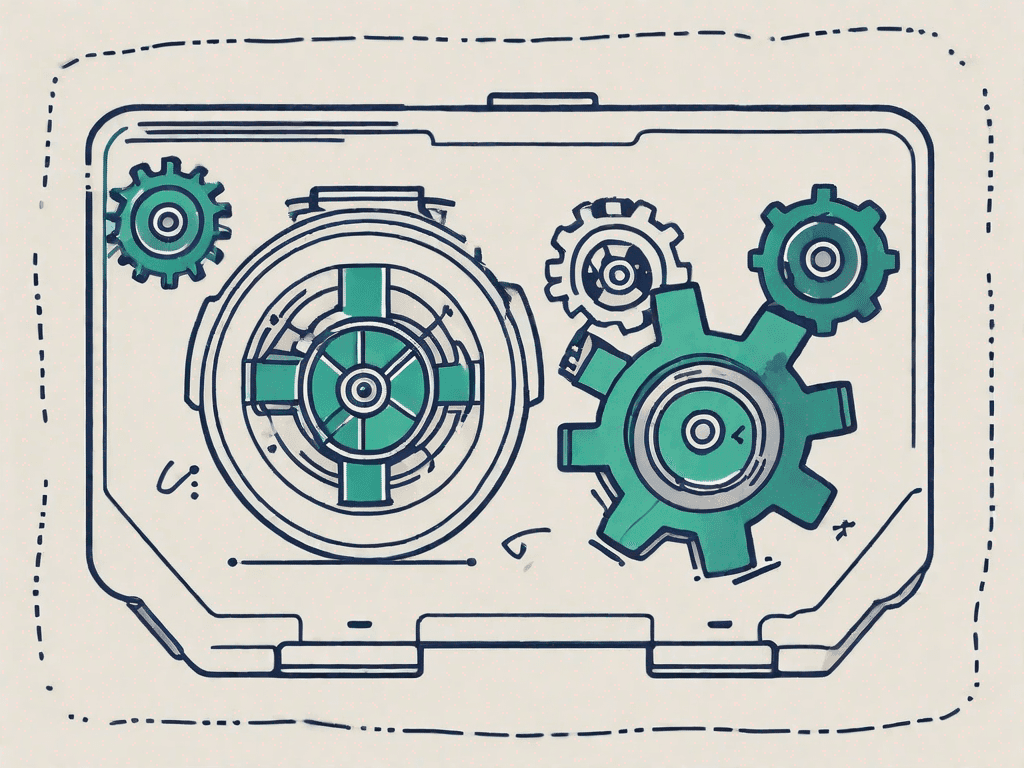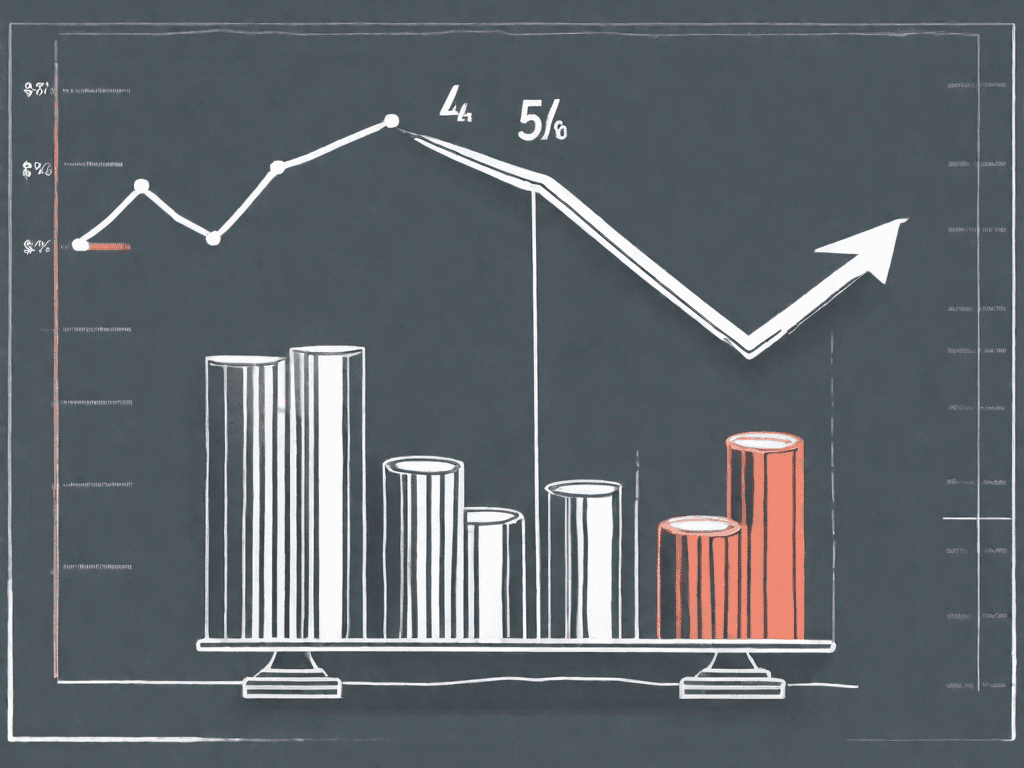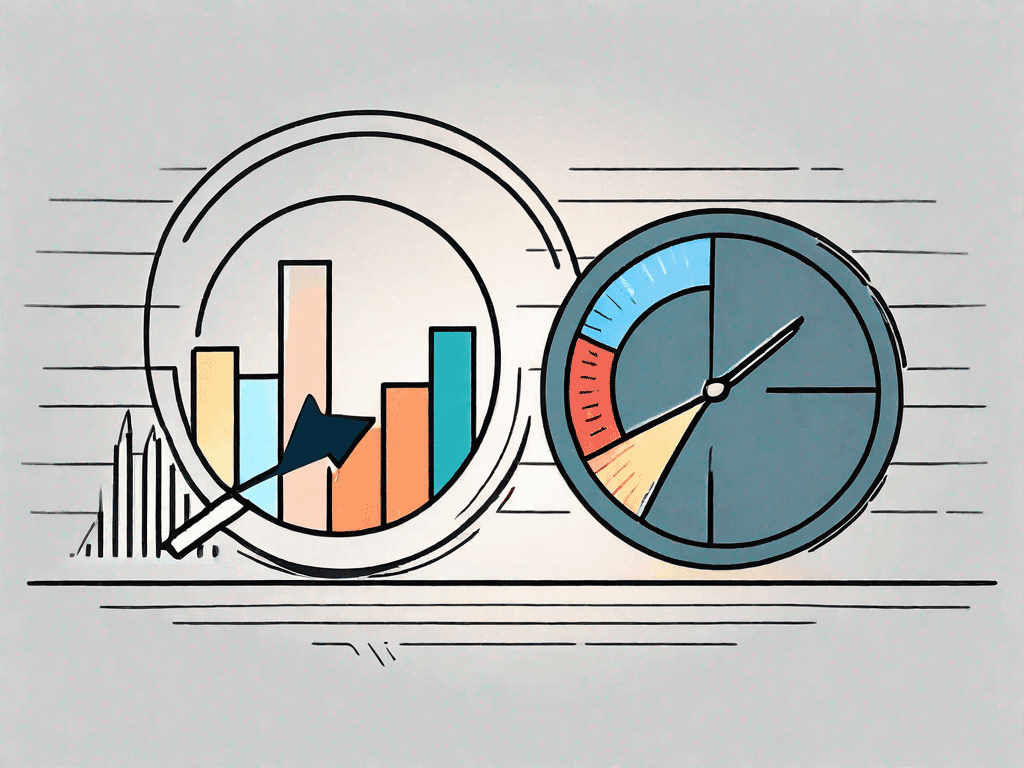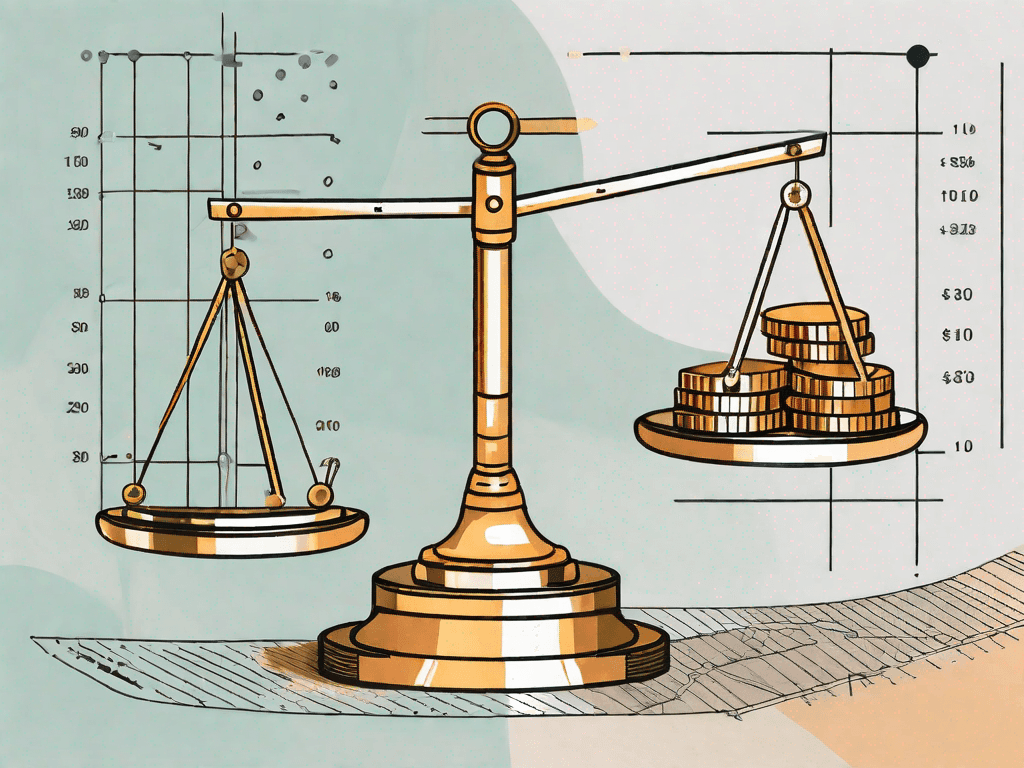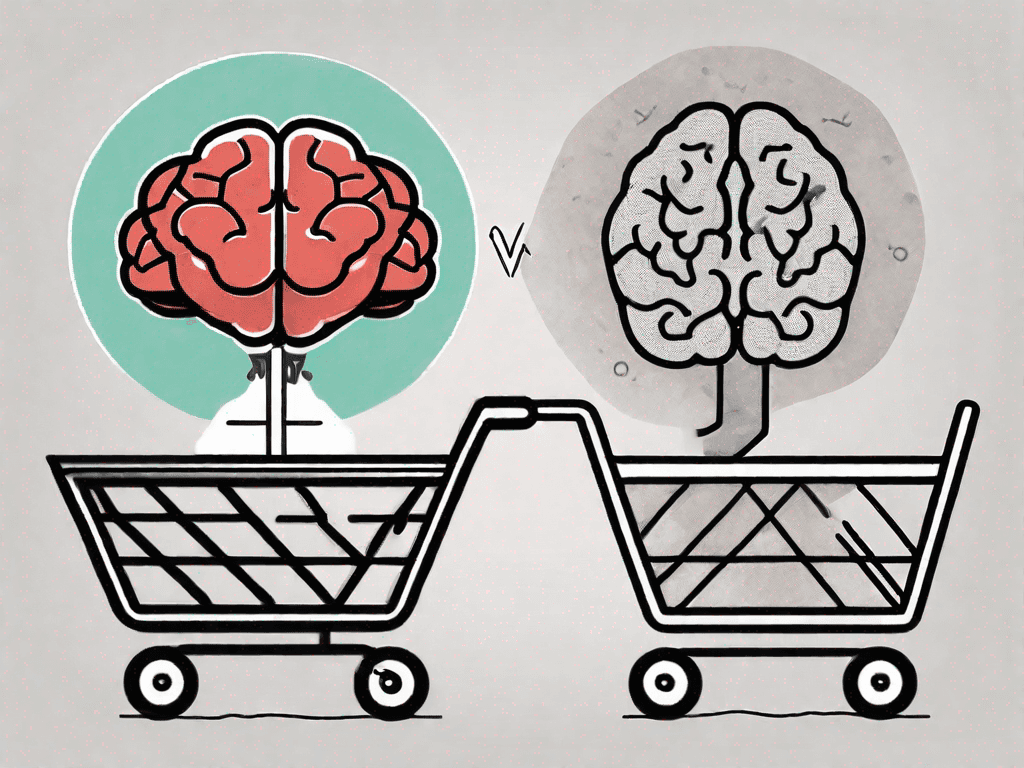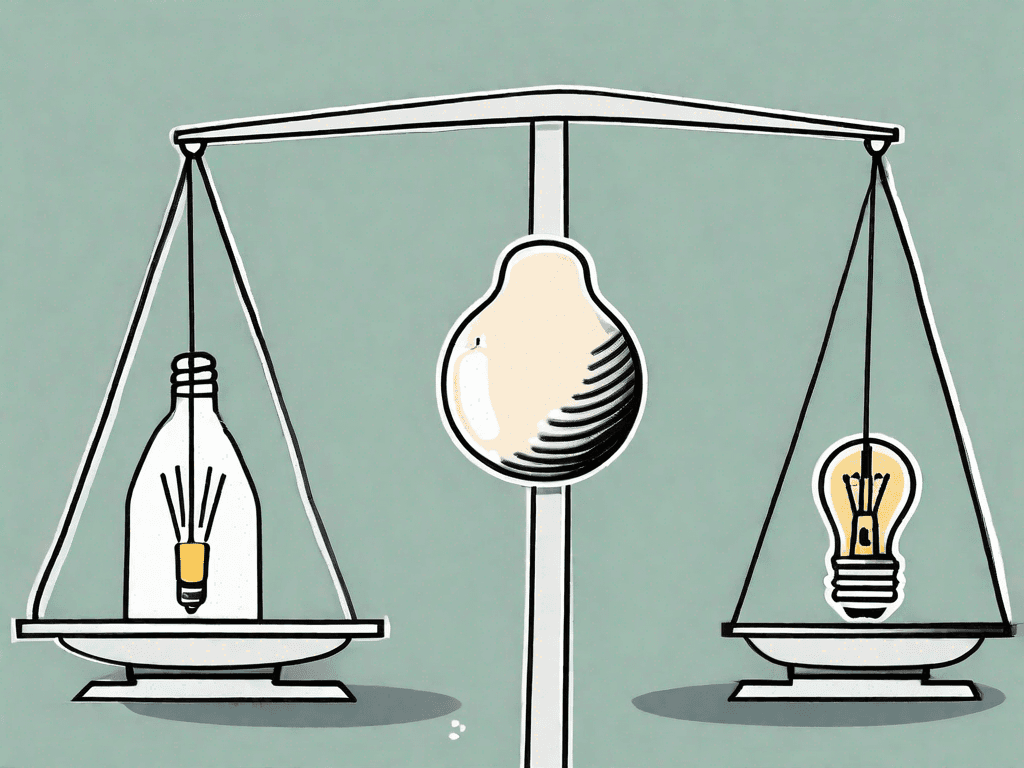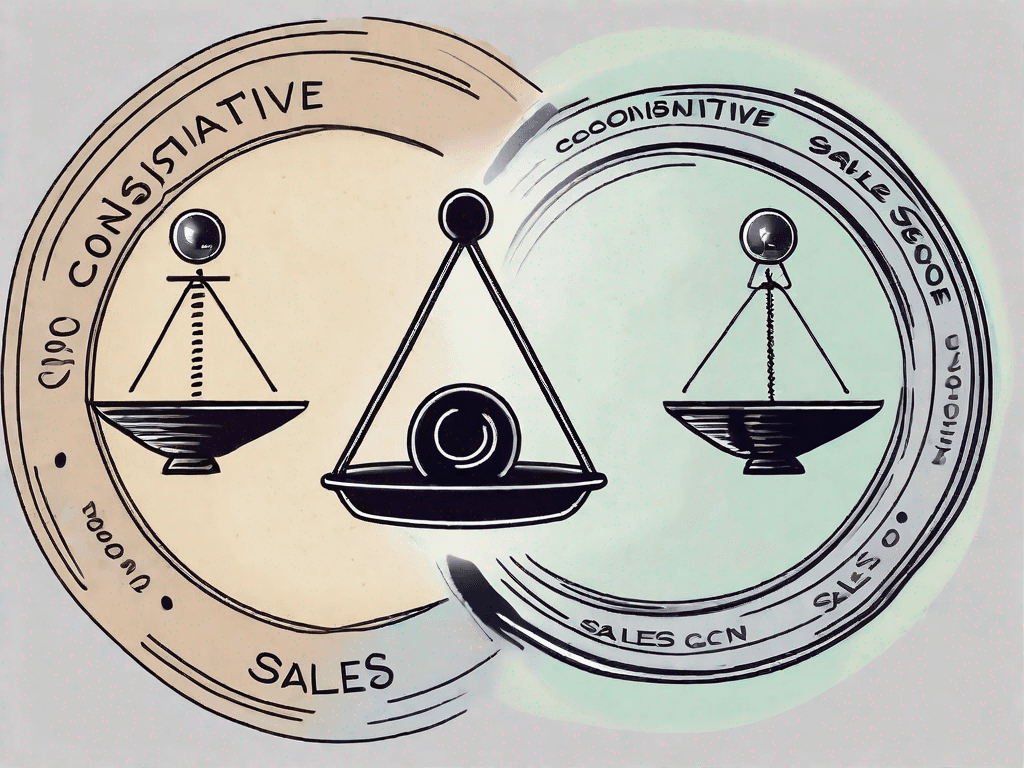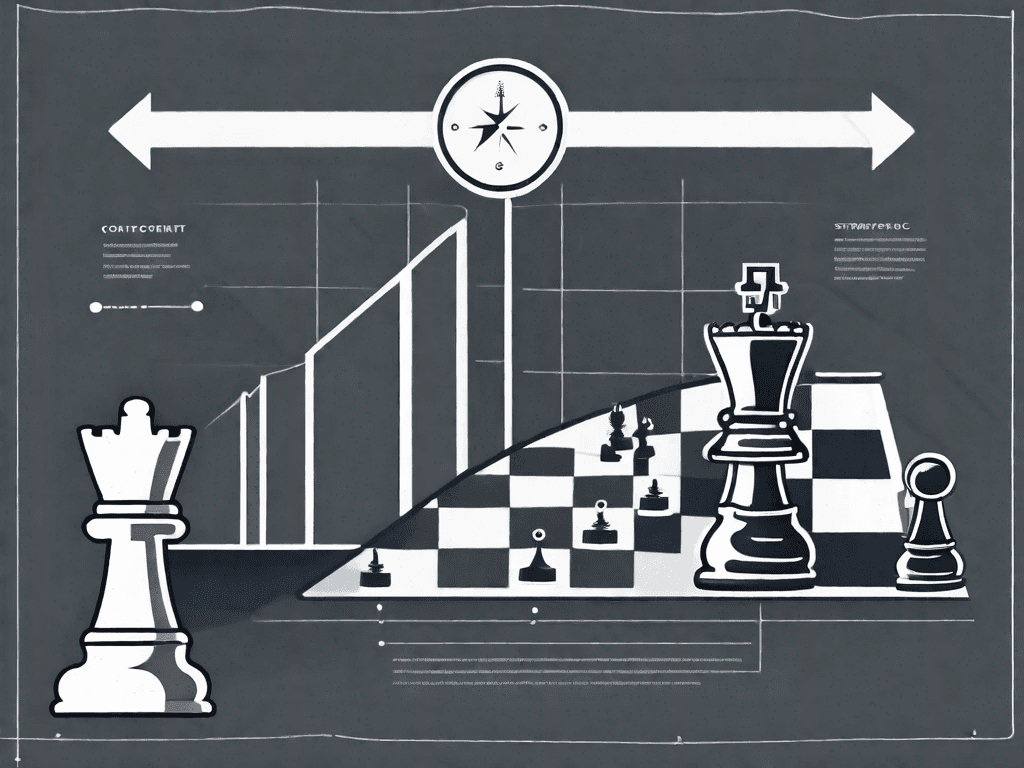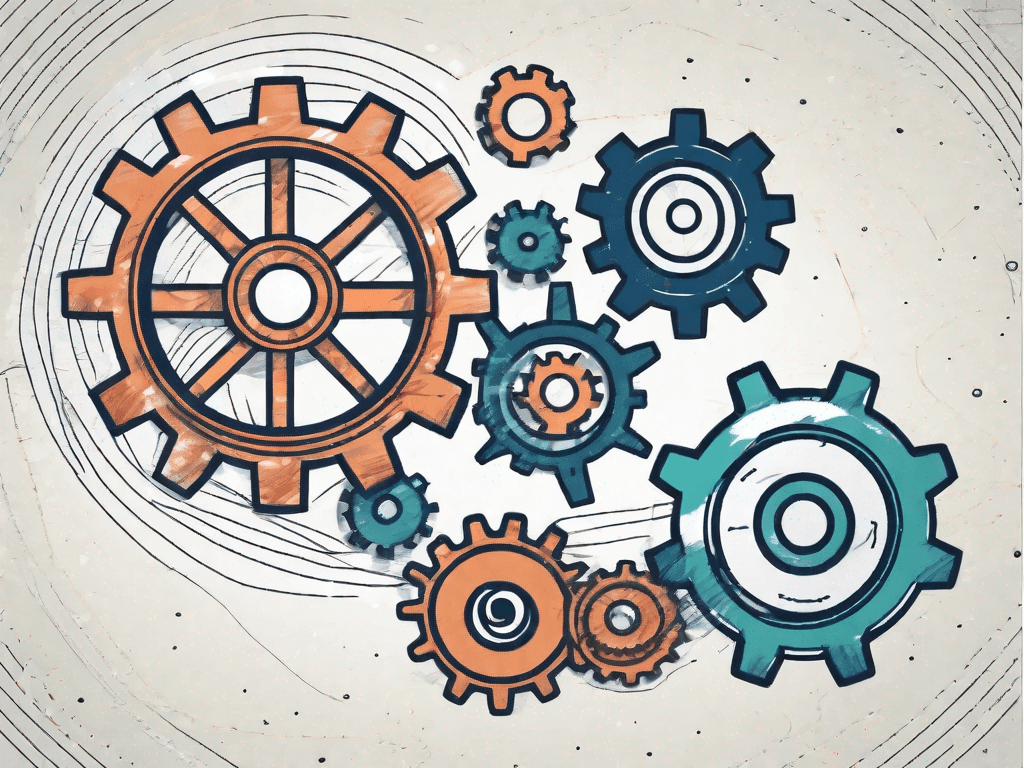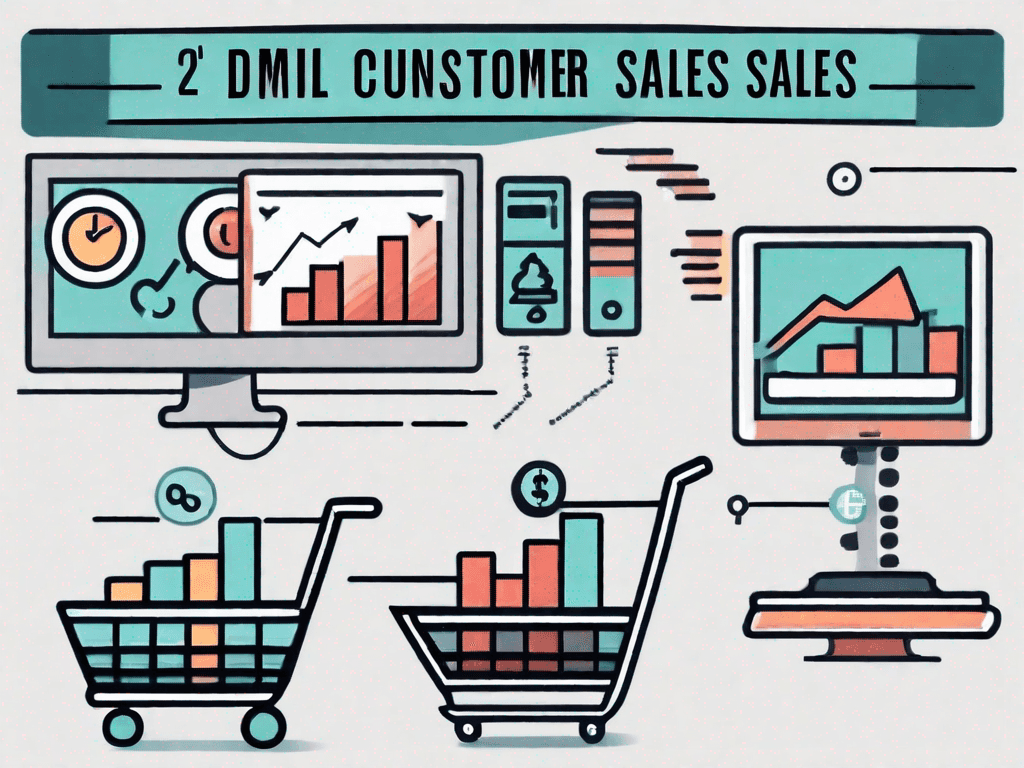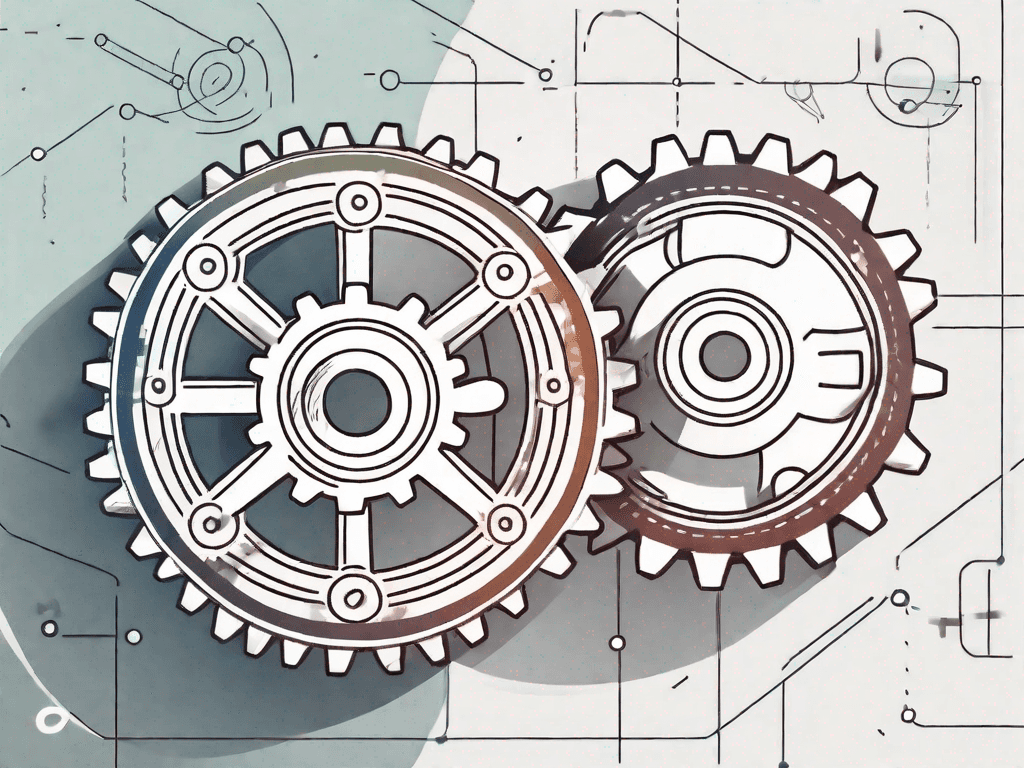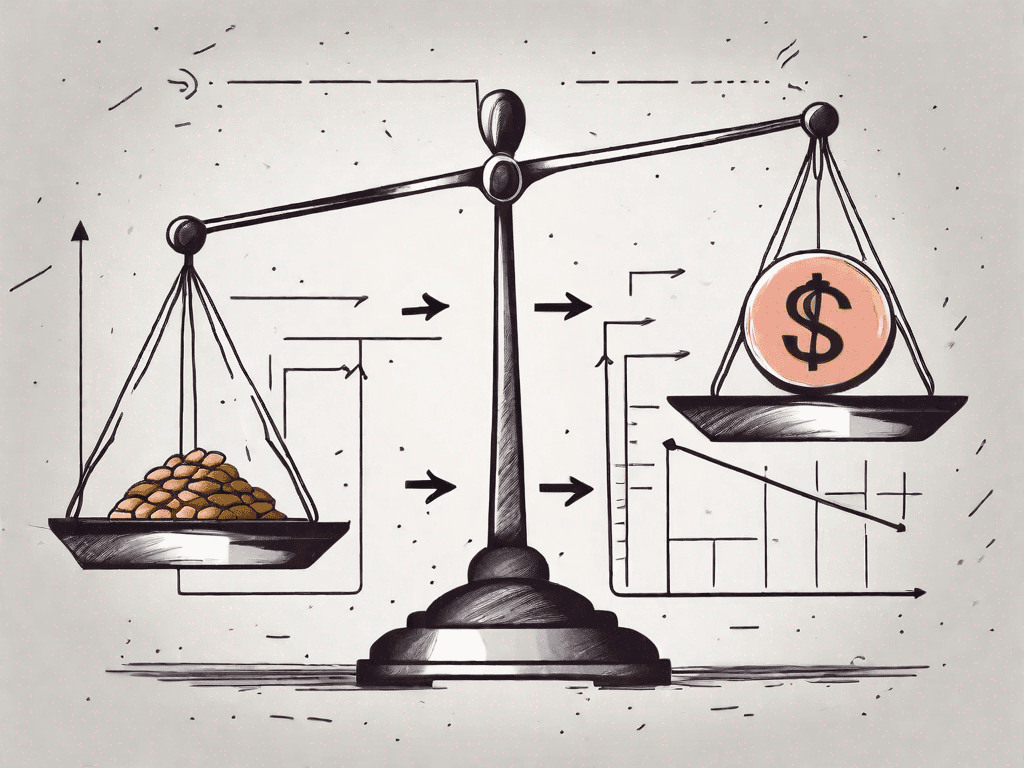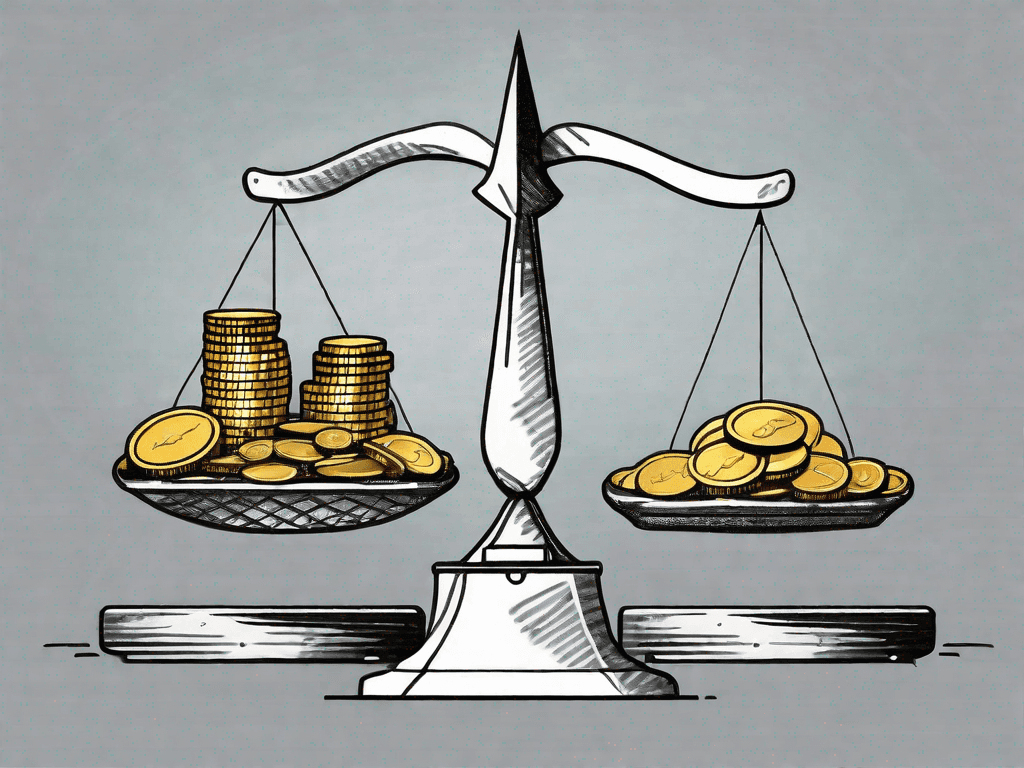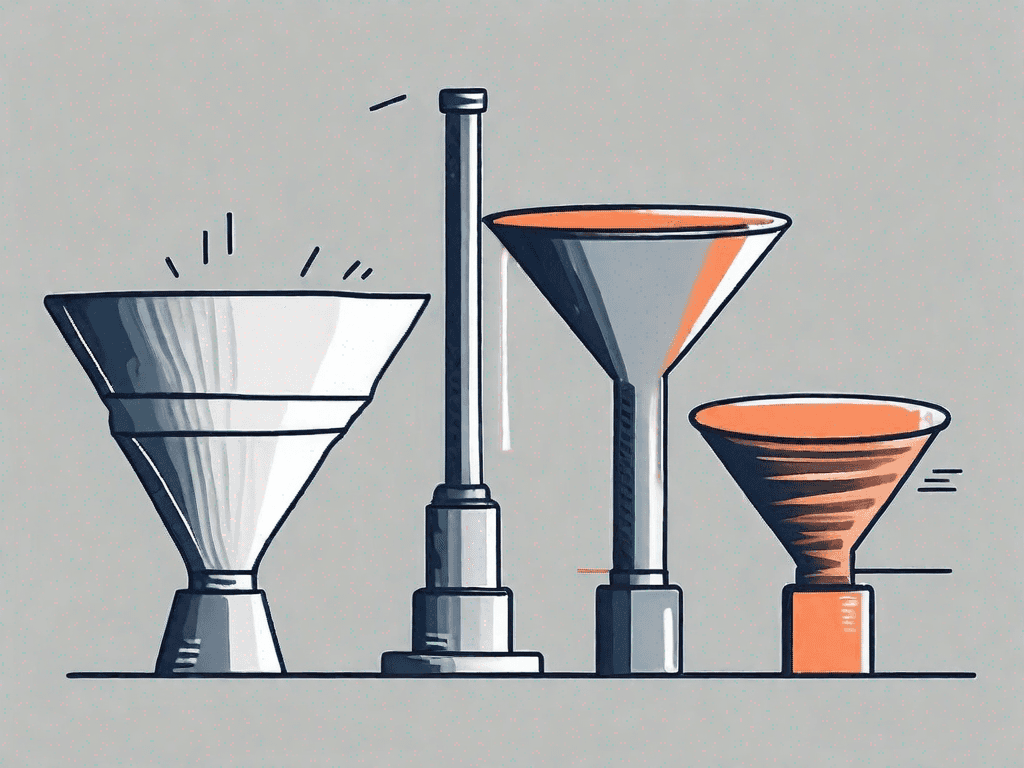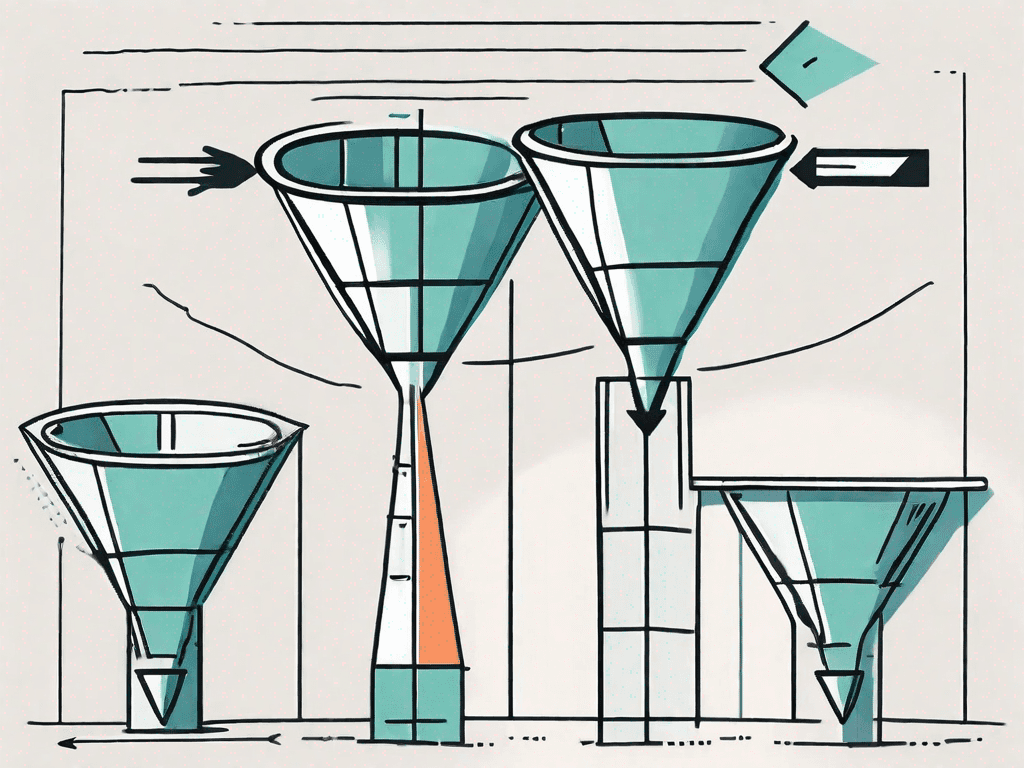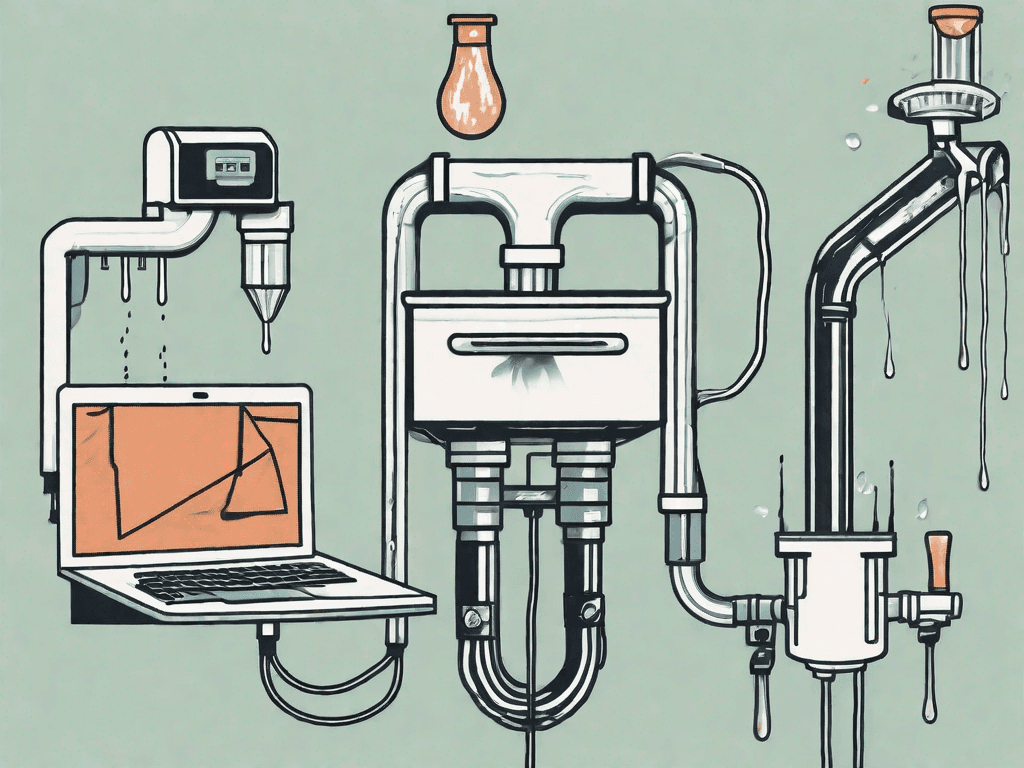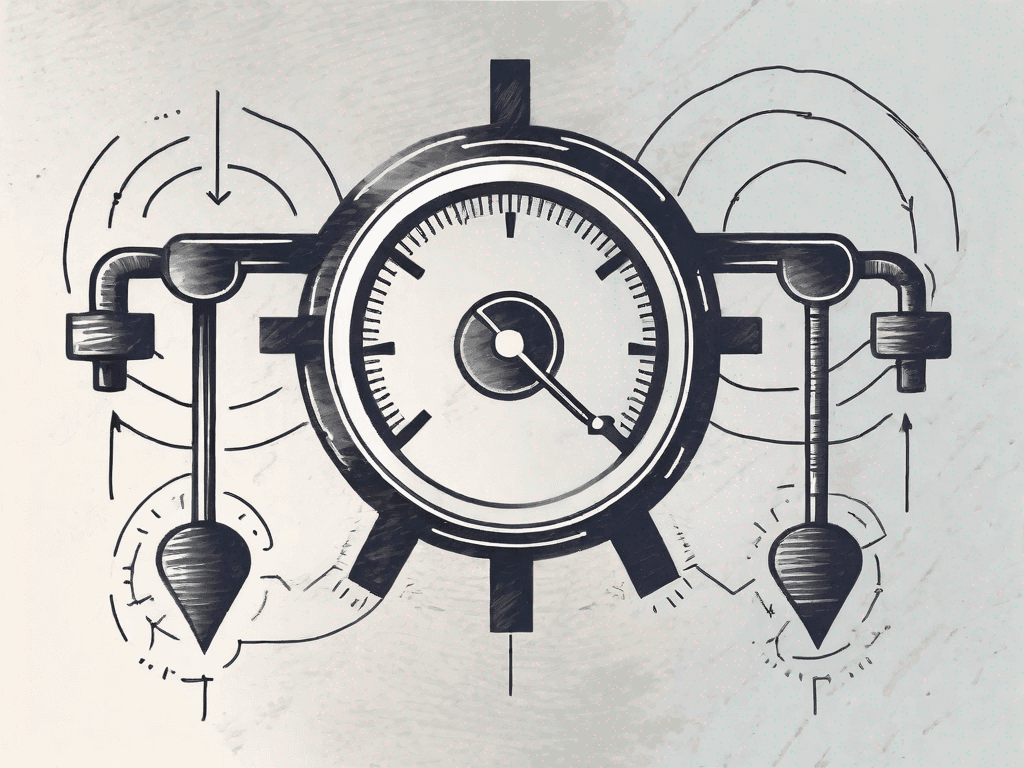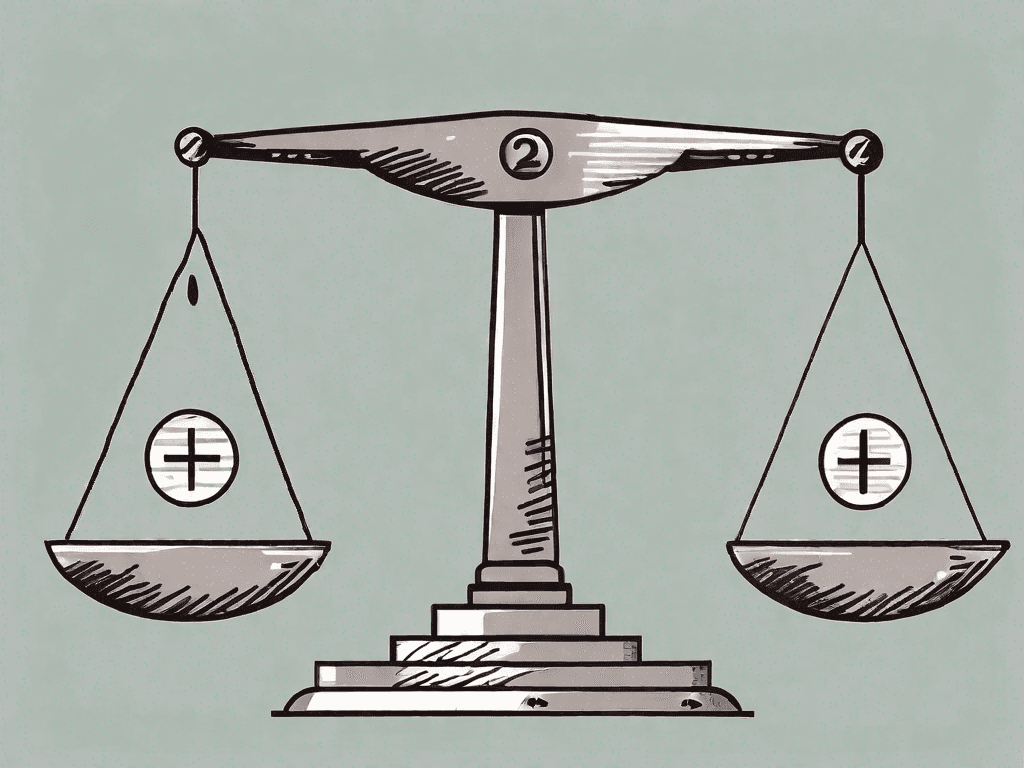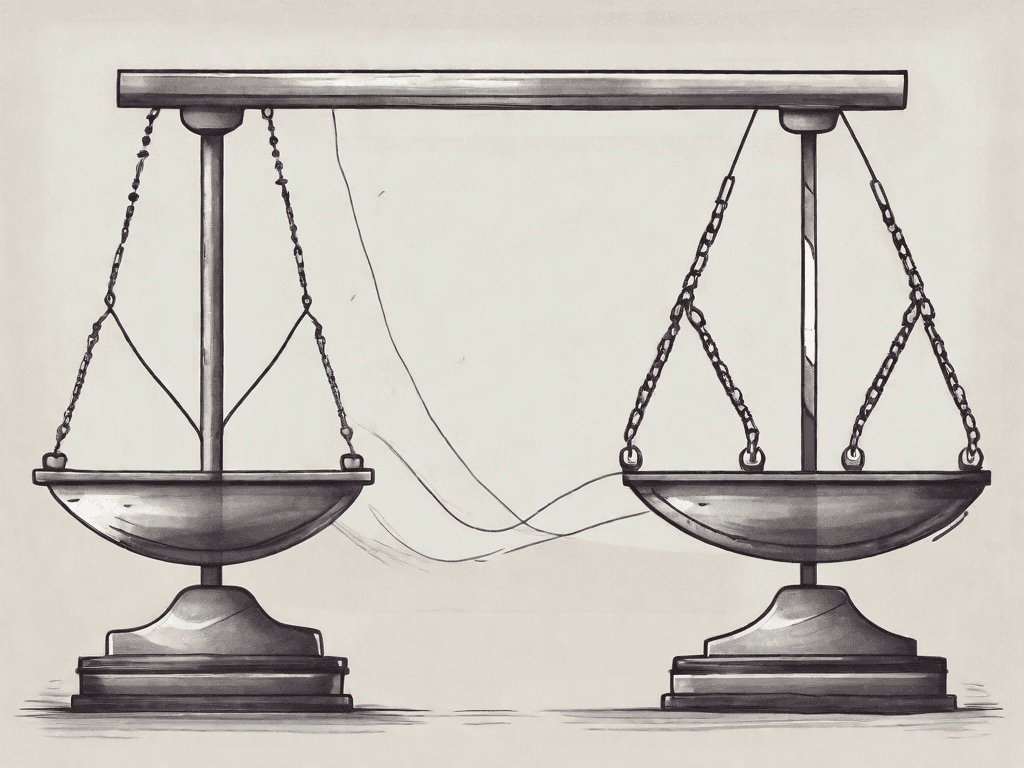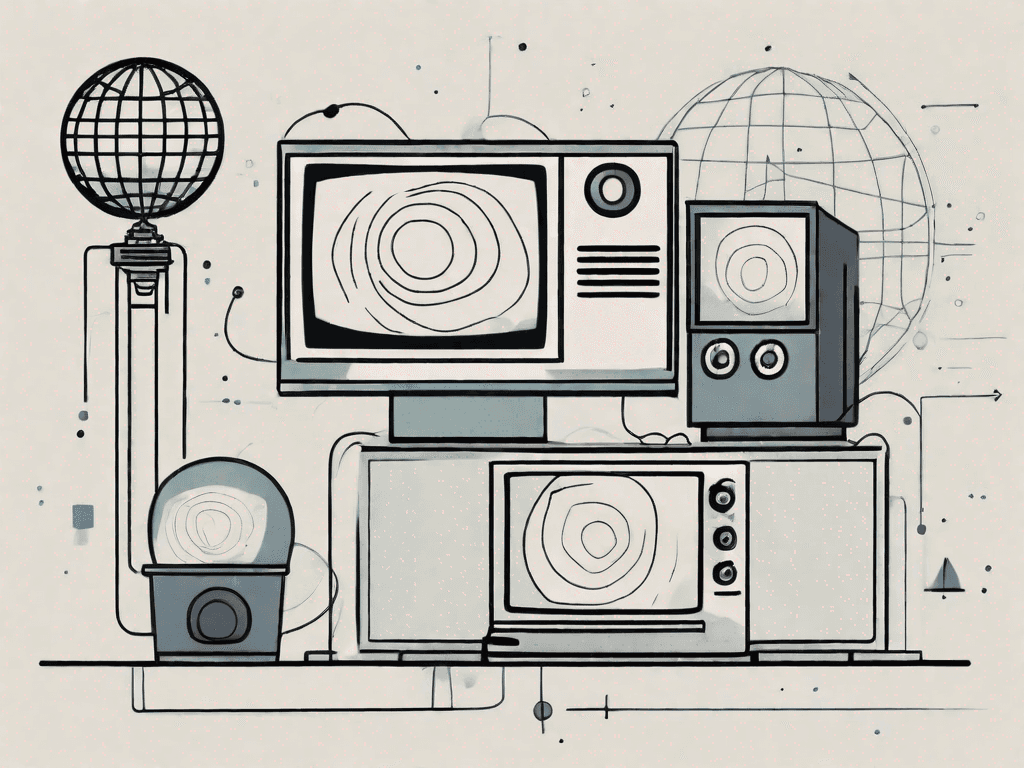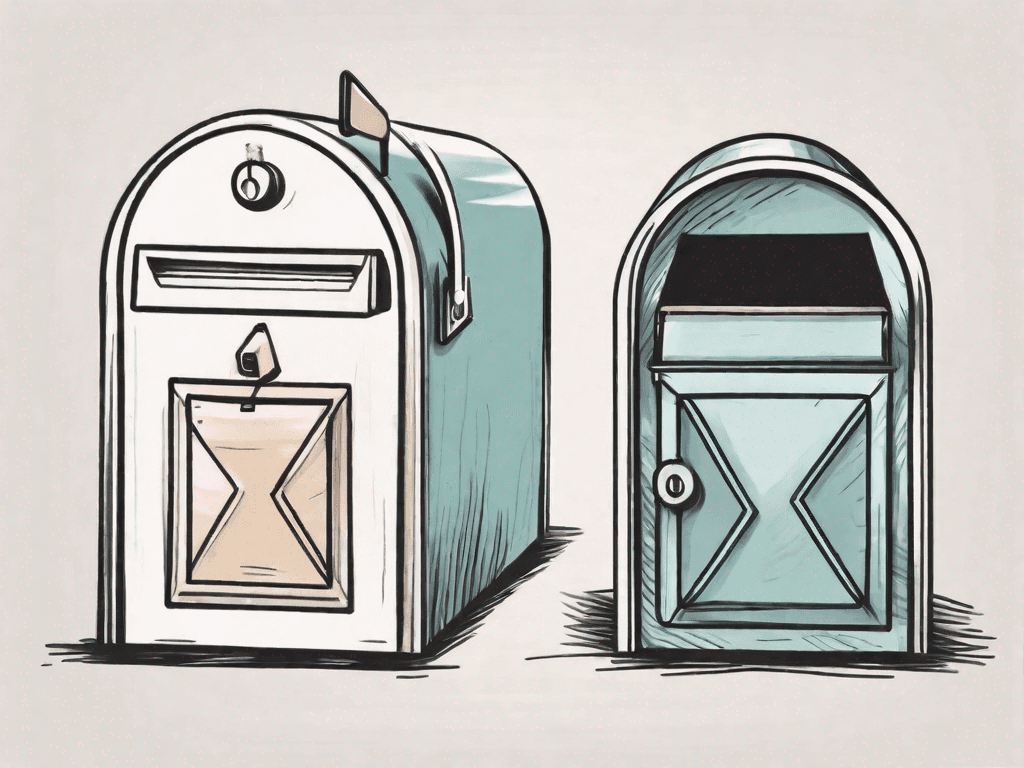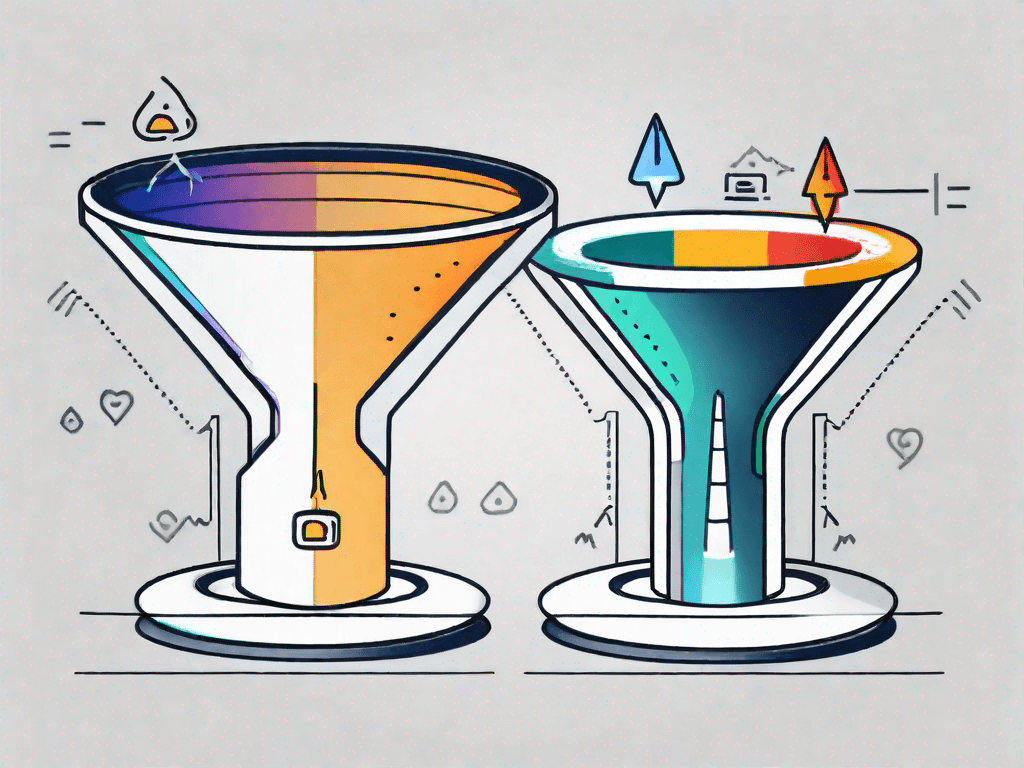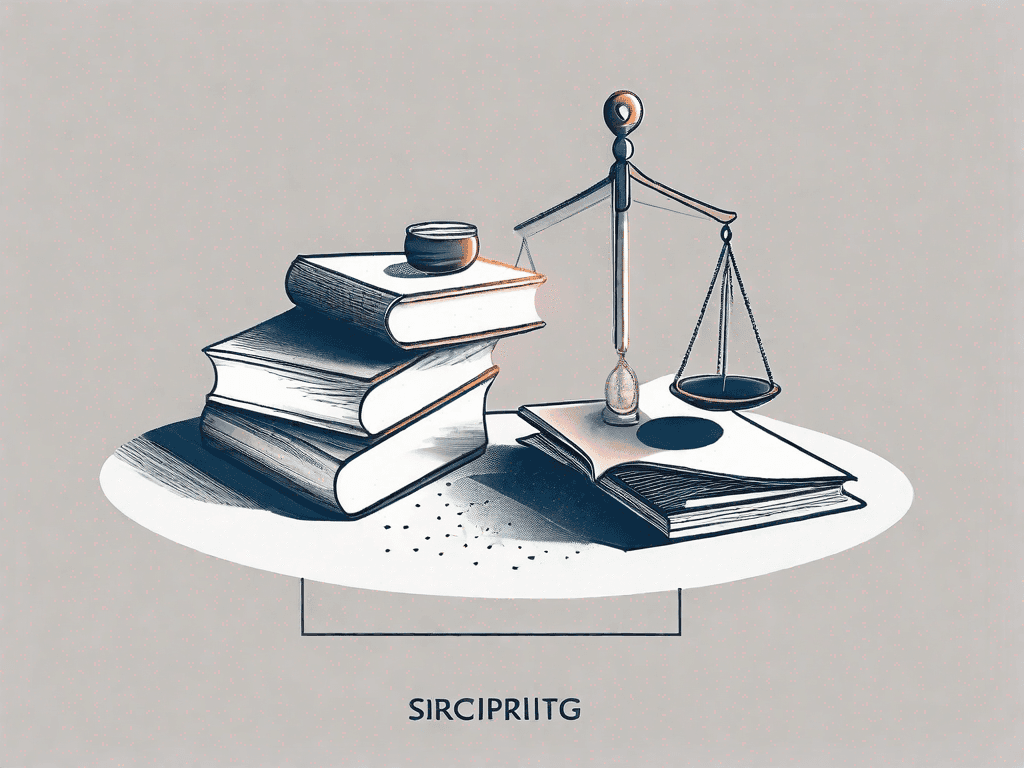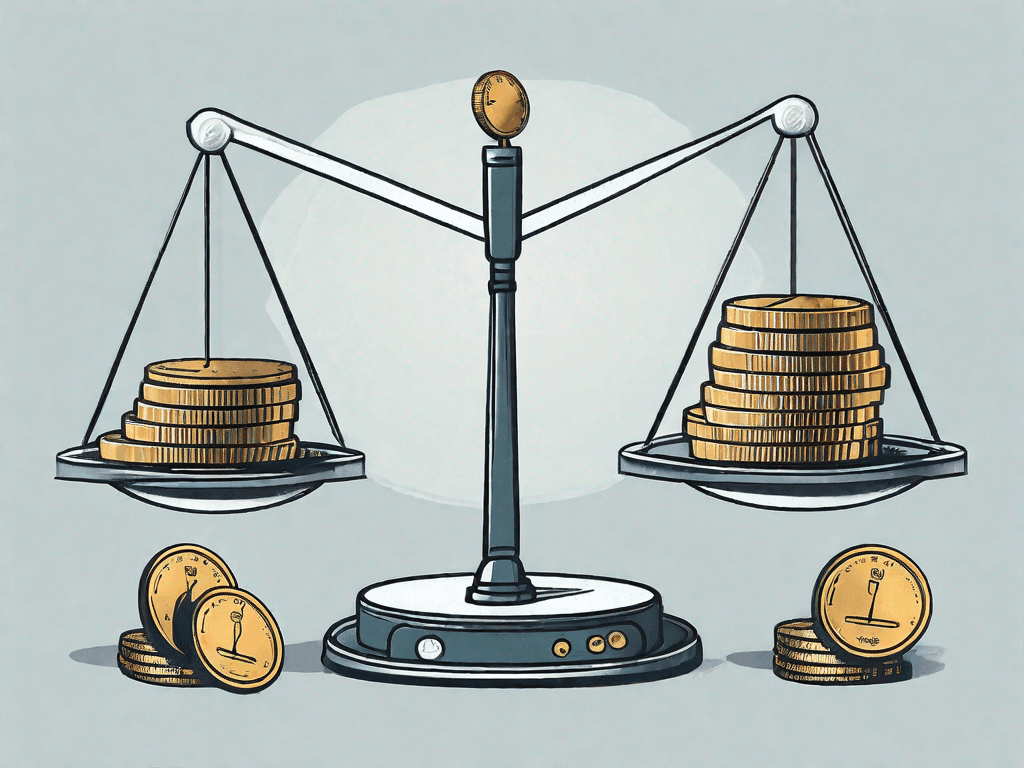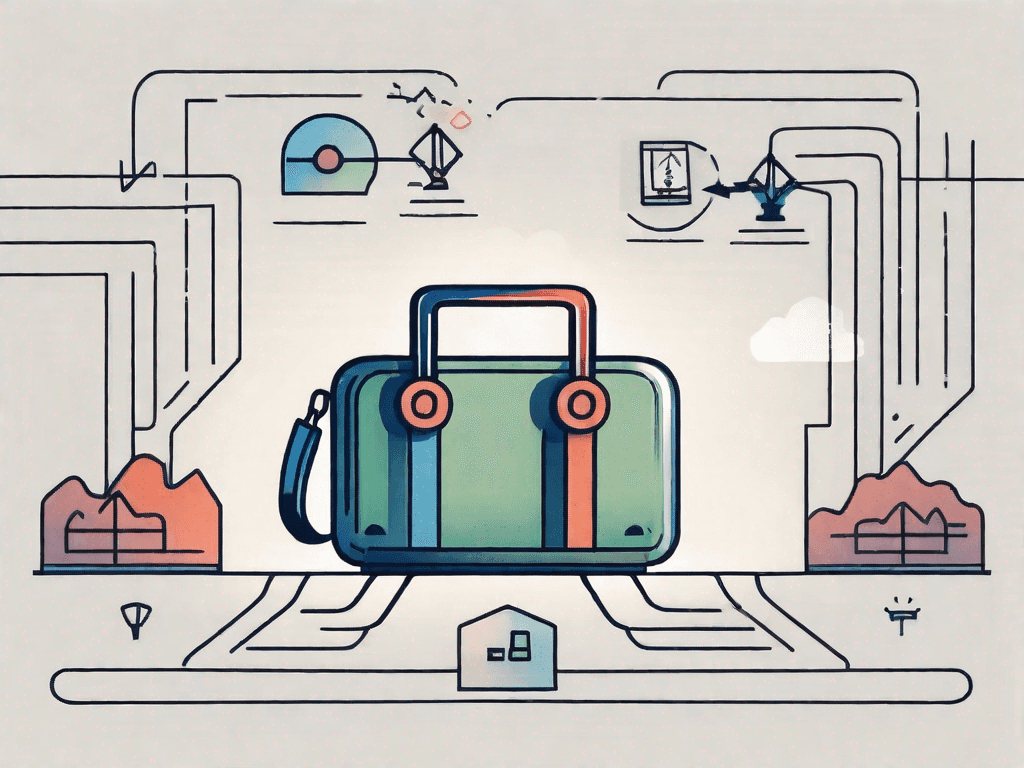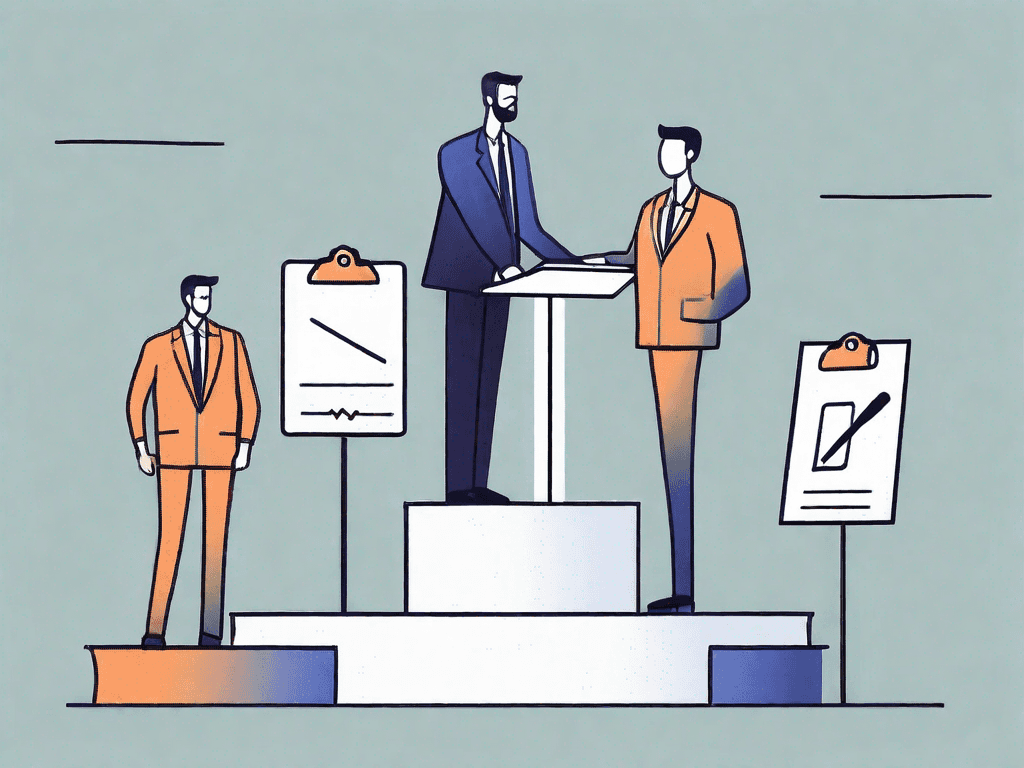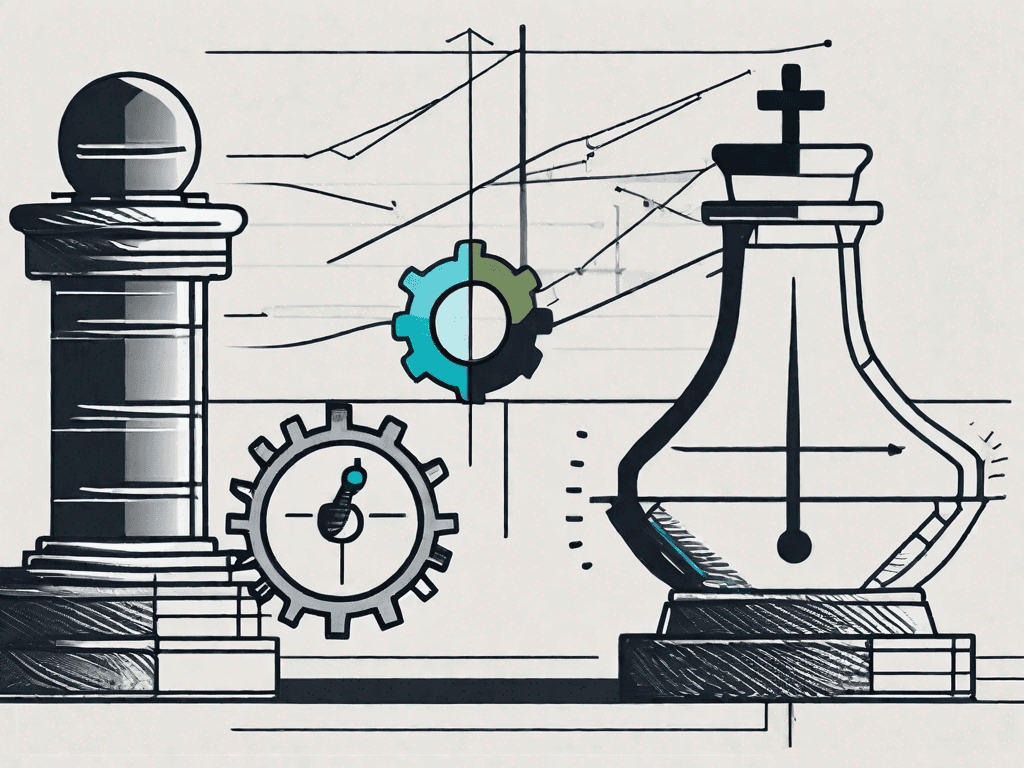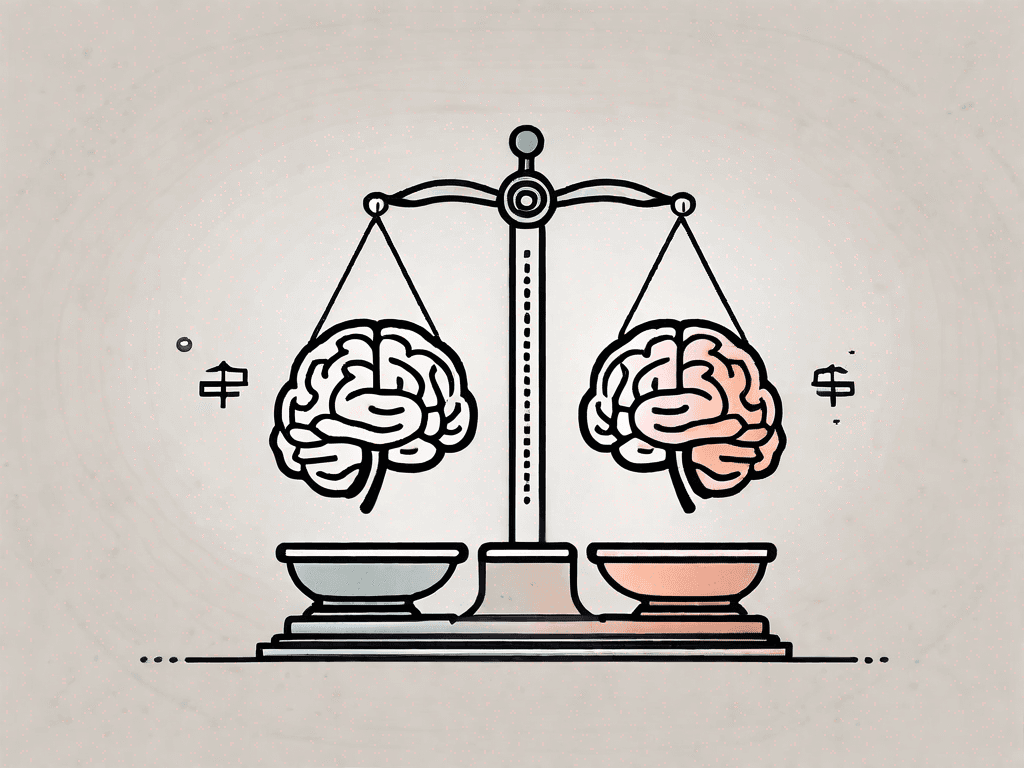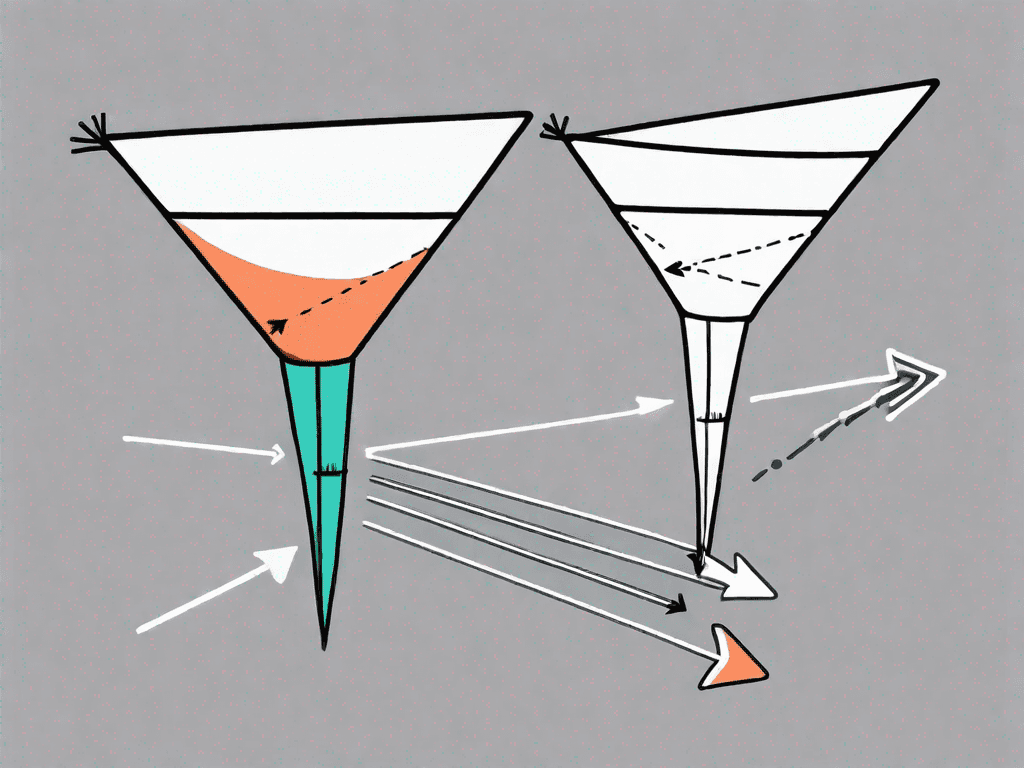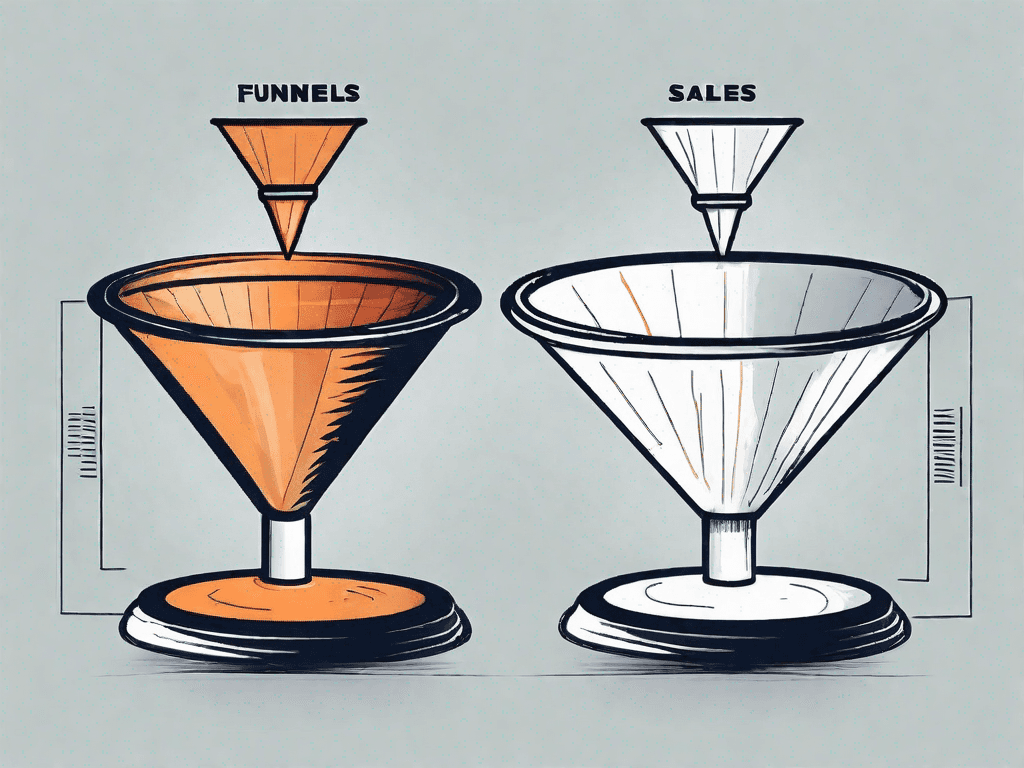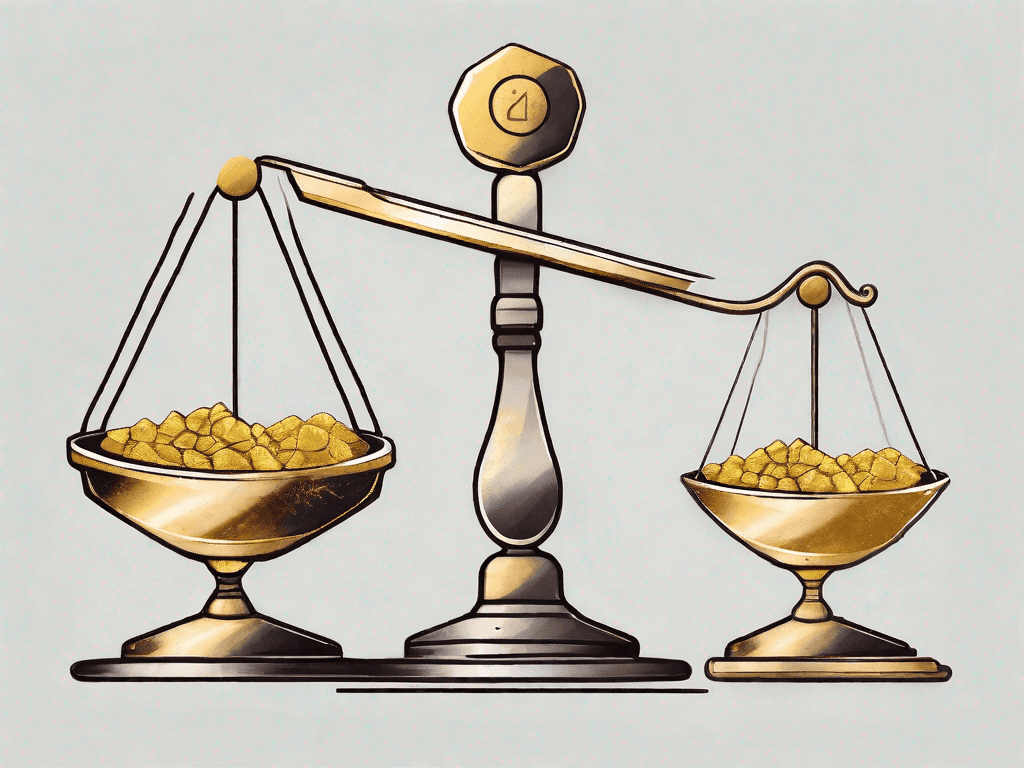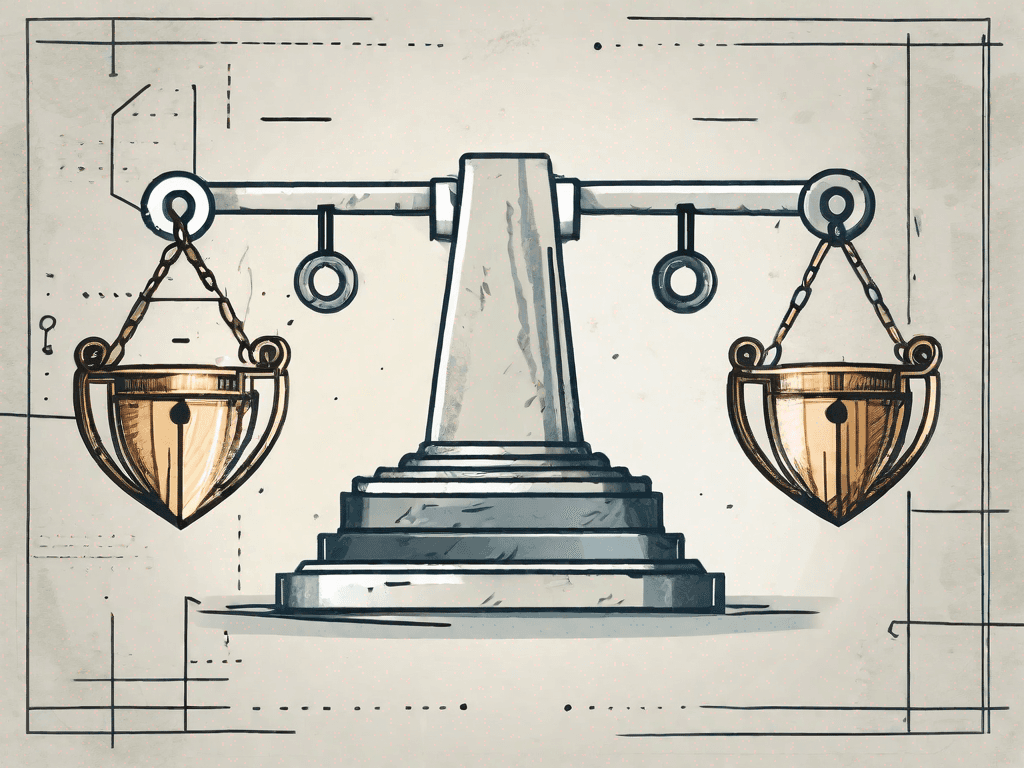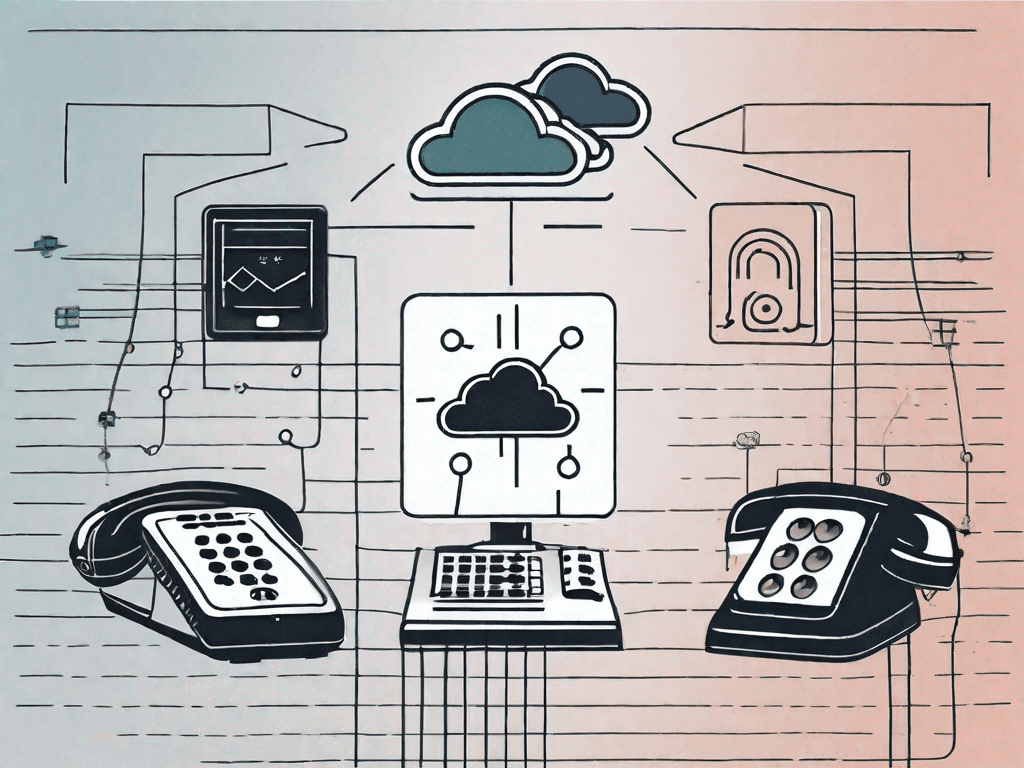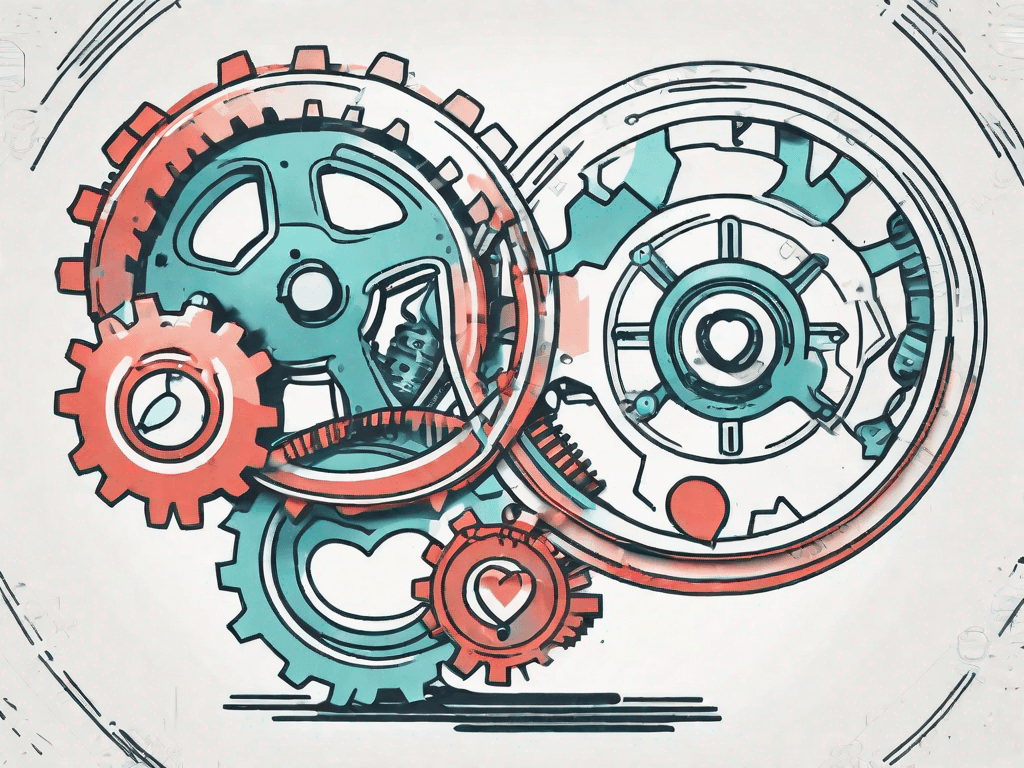
Sales Automation vs Sales Engagement: What's the Difference?
In the world of sales, two terms that are frequently used are Sales Automation and Sales Engagement. While they may seem similar on the surface, there are significant differences between the two. In this article, we will define and explore the distinctions between Sales Automation and Sales Engagement. We will also provide examples to illustrate these differences in various contexts
Defining Sales Automation and Sales Engagement
Sales Automation and Sales Engagement are two essential components in the modern sales process. Let's take a closer look at each of them:
1.1 - What is Sales Automation?
Sales Automation is a process that utilizes technology to automate repetitive tasks in the sales process. It involves leveraging tools and software to streamline activities like lead generation, data entry, email sequencing, and follow-ups. By automating these tasks, sales teams can save time, increase efficiency, and focus on building relationships with customers.
One of the key benefits of Sales Automation is its ability to enhance lead generation. With automated lead generation tools, sales teams can identify potential customers based on specific criteria, such as industry, company size, or job title. This targeted approach allows sales representatives to focus their efforts on leads that are most likely to convert, resulting in higher conversion rates and increased revenue.
In addition to lead generation, Sales Automation also plays a crucial role in data entry. Manual data entry can be time-consuming and prone to errors. By automating this process, sales teams can ensure accurate and up-to-date information in their CRM systems. This, in turn, enables them to have a comprehensive view of each customer, their preferences, and their buying history, facilitating more personalized and effective sales interactions.
Furthermore, Sales Automation enables sales representatives to automate email sequencing. Instead of manually sending individual emails, sales teams can use automation tools to create personalized email sequences that are triggered based on specific actions or events. This allows for timely and relevant communication with prospects, increasing the chances of engagement and conversion.
Overall, Sales Automation empowers sales teams to work more efficiently and effectively. By automating repetitive tasks, sales representatives can focus their energy on building meaningful relationships with customers, understanding their needs, and providing tailored solutions.
1.2 - What is Sales Engagement?
Sales Engagement, on the other hand, is a proactive and personalized approach to engaging with leads and prospects. It involves tailoring communication and experiences to the specific needs and interests of each individual. Sales Engagement puts a strong emphasis on building relationships, offering relevant information, and providing value throughout the buying journey.
One of the key aspects of Sales Engagement is personalized communication. Instead of using generic templates or mass emails, sales representatives take the time to understand each prospect's unique challenges and goals. They then craft personalized messages that address these specific pain points and offer tailored solutions. This personalized approach not only increases the chances of engagement but also helps build trust and credibility with potential customers.
Another important element of Sales Engagement is offering relevant information. Sales representatives go beyond simply pitching their products or services. They provide valuable insights, industry trends, and educational resources that are relevant to the prospect's business. By positioning themselves as trusted advisors, sales teams can establish credibility and demonstrate their expertise, ultimately increasing the likelihood of closing a deal.
Furthermore, Sales Engagement focuses on providing value throughout the entire buying journey. Sales representatives proactively engage with prospects at different stages of the sales cycle, offering support, answering questions, and addressing concerns. This continuous engagement helps build a strong relationship with the prospect and ensures a smooth and successful buying experience.
In conclusion, Sales Automation and Sales Engagement are two critical components of the modern sales process. While Sales Automation streamlines repetitive tasks and increases efficiency, Sales Engagement focuses on building relationships, offering personalized experiences, and providing value. By combining these two approaches, sales teams can optimize their efforts, drive revenue growth, and deliver exceptional customer experiences.
What's the difference between Sales Automation and Sales Engagement?
While both Sales Automation and Sales Engagement aim to enhance the sales process, their focus and execution differ significantly.
Sales Automation primarily focuses on automating repetitive tasks and processes. It aims to simplify and expedite activities that can be time-consuming for sales professionals. By automating these tasks, sales teams can increase productivity and efficiency, allowing them to allocate more time to high-value activities such as strategic planning, relationship-building, and closing deals.
On the other hand, Sales Engagement puts a stronger emphasis on personalized communication and building relationships with leads and prospects. Sales professionals using Sales Engagement techniques aim to understand the unique needs and challenges of each potential customer. By tailoring their approach, they can provide relevant information and solutions, creating a more meaningful and engaging buyer experience.
Examples of the Difference between Sales Automation and Sales Engagement
To further illustrate the differences between Sales Automation and Sales Engagement, let's explore examples in various contexts:
2.1 - Example in a Startup Context
In a startup context, Sales Automation would involve using a customer relationship management (CRM) system to automate lead qualification and follow-ups. It would also include automated email campaigns to nurture leads. Sales professionals would focus on scaling their outreach and improving conversion rates through automated processes.
In contrast, Sales Engagement in a startup context would entail sales representatives conducting personalized outreach to potential customers. They would take the time to understand the specific pain points and needs of each lead, tailoring their communication and offering tailored solutions. Sales professionals would prioritize building trust and rapport with potential customers in order to secure long-term relationships.
2.2 - Example in a Consulting Context
In a consulting context, Sales Automation would involve using automation tools to schedule appointments, manage customer data, and generate reports. Consultants would be able to streamline administrative tasks, allowing them to dedicate more time to client meetings and strategy development.
In contrast, Sales Engagement in a consulting context would require consultants to actively engage with clients, understanding their unique challenges and offering customized solutions. Consultants would prioritize building strong relationships with clients based on trust, expertise, and ongoing communication. They would focus on providing value at every touchpoint to ensure client satisfaction and continued business.
2.3 - Example in a Digital Marketing Agency Context
In a digital marketing agency context, Sales Automation would involve using marketing automation software to streamline lead generation and nurturing processes. This would include automated email campaigns, social media scheduling, and personalized content recommendations.
In contrast, Sales Engagement in a digital marketing agency context would involve marketing professionals taking a hands-on approach to understanding the needs and goals of potential clients. They would create customized marketing strategies and campaigns, tailored to each client's specific business objectives. By maintaining open lines of communication and providing ongoing support, the agency would strive to build long-lasting partnerships with their clients.
2.4 - Example with Analogies
To further illustrate the difference between Sales Automation and Sales Engagement, let's consider the analogy of a chef and a microwave. Sales Automation can be likened to a microwave - it provides convenience and speed by automating the cooking process. However, it lacks the personal touch and attention to detail a chef would offer. Sales Engagement, on the other hand, is like having a skilled chef preparing a meal specifically tailored to your tastes and preferences. It goes beyond efficiency and focuses on creating a memorable and enjoyable dining experience.
In conclusion, Sales Automation and Sales Engagement are two distinct approaches to improve the sales process. Sales Automation focuses on automating repetitive tasks to increase efficiency, while Sales Engagement emphasizes personalization and relationship building. Depending on the context and objectives, businesses may choose to leverage one or both approaches to maximize their sales effectiveness. Ultimately, the key is to strike a balance that allows sales professionals to streamline processes without losing sight of the importance of human connection in building successful business relationships.



